I’m on a rant, so consider yourself warned. I had a genial little chapter on LitFlicks nearly ready for submission when I read a NY Post article by way of the Guardian that cited an American poll that said only 30% of younger audiences have seen a film in black & white and that fewer than 25% had ever watched a film from the 40s or 50s to completion. The primary reason given? “They’re boring.” Now I’ve heard this firsthand before, but it reminded me of some comments I had seen from self-proclaimed “cinephiles” who also claimed they had never seen a silent film, other than a Chaplin short. Seriously?
Not only does this completely demolish their cinema cred, in my book anyway, it’s a shame that they don’t know what they are missing, which is the evolution of cinematic language. Why? There is nothing in modern cinema that can rival the artistry or imagination of the visuals of a silent film, for one. Yes, the current technology is bigger, louder, and, well, easier, which only increases my appreciation of the accomplishments of silent artists.
Regarding the “boring” comment, silent films addressed precisely the same themes that are lightning rods for today’s social commentary; e.g. race, morality, ethics, gender roles, romance and things that go bump in the night. Anyone who feels that the approach to societal issues in film 100 years ago is naïve or lacks a modern, pertinent point-of-view has simply been watching the wrong Silents. It’s true, a majority of product was thin and vacuous, pandering to the masses looking for a quick giggle, but remember that currently Netflix’s biggest draws include Adam Sandler’s self-indulgences, which proves we have not evolved much as a collective audience. A quick giggle remains primary aim of a majority of film goers/streamers to this day.
I don’t like separating Silents from Talkies any more than isolating foreign language from English language films or B&W from colour, but for the sake of this exercise, here are some rewarding Silent Film experiences that weren’t included in other genres.
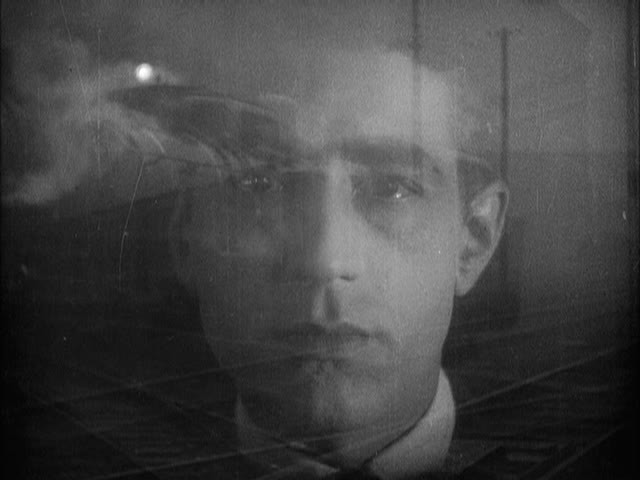
La roué (The Wheel) Abel Gance (1923)
Gance’s camera tricks and grand appetite for creative storytelling obviously broke ground back in ’23 when the industry was still young, but you would be surprised how effective his style and changing points of view can still dazzle today. Family life, hints of incest and alcoholism, and the working life of the era are his focus. This is pre-Napoleon free falling that originally clocked in at a running time between 7 and 9 hours. Much has been lost, but in Gance’s day, a film was a living thing, open to reediting to various lengths to suit venues. Thanks to this – and the survival of five different prints – a breezy 4 ½ hour version was cobbled together as part of the restoration process.

It Clarence Badger/Josef von Sternberg (1927)
The only clown in this romantic comedy is the adorable Clara Bow. Shop clerk Betty Lou knows what she wants (primarily, the boss) and her methods pleased audiences of the day so much that she shot to superstardom immediately. The term, the “It Girl”, entered the public language where it remains to this day. In the original serialized novel by Elinor Glyn, the male had “It” and the female the charmed upper crust life, but moving the focus to Ms Bow was a wise move, creating a blueprint for hundreds of gender pursuit comedies over the decades. Much of the charm and outright laughs come from the current expressions and exclamations that pepper the film. “Hot socks! It’s the boss!”
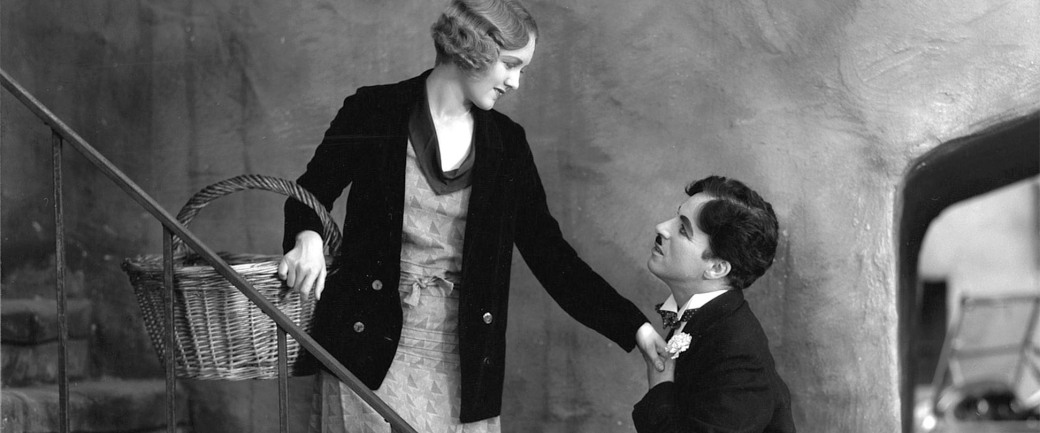
City Lights Charlie Chaplin (1931)
Chaplin was so against sound in films that he, along with FW Murnau, actually had the balls to release silent films in the 1930s. City Lights is probably my go-to Chaplin when I need a lift or a reminder that the world does in fact house good and loving people. It’s no wonder that Chaplin was married four times – his grand affection for life would certainly burn out many spouses. He is at his grandest here as the Tramp who falls for a blind girl and I challenge anyone to watch the film to completion and not be seriously moved. A critic a decade or so after the film was released referred to the last scene as containing, “the best screen acting ever committed to celluloid,” and Chaplin, himself, claimed it as his own favorite. Even more astounding, the director/star and his leading lady didn’t even like each other very much.

Faust FW Murnau (1926)
Before he moved to Hollywood to direct the revered Sunrise, Murnau tackled his last German film, the story of a bet between a demon and an archangel that holds the purity of a righteous man as the lynchpin – lose the bet and the world quite literally goes to the Devil. The film is one of the most technically intricate ever made, and some of Murnau’s effects (such as the Black Plague descending onto a town) stand in the upper eschelon, equal to anything tapped from a computer today. Like Gance, Murnau like to adjust his final product and there were eventually up to nine different versions, with different scenes, costumes, and – wait for it – a bear. It is visual brilliance that cannot be contained in a single cut.

The Crowd King Vidor (1928)
The personal hardships of a family trying to eke out a living in the urban gristmill won Vidor a nomination for Best Director at the first Oscars. They immediately set the long-famous precedent and gave it to somebody else. His vision was too harsh and realistic for the moguls intent on entertaining the masses entering the Great Depression. The film is all kinds of brilliant. Especially in its honest and clever presentation of urbanization and its impact on one’s ability to have a simple and rewarding life. It was revolutionary filmmaking for the 20s and would be so today – if anybody had any interest in the plight of the common man.
At the minimum, anything by Murnau and Gance are must-see from the era, so don’t make me come over there. OK, rant over. Now I can complete my LitFlicks entry, so let’s see…how many millennial cinephiles still read books? Uh oh. Storm on the horizon.



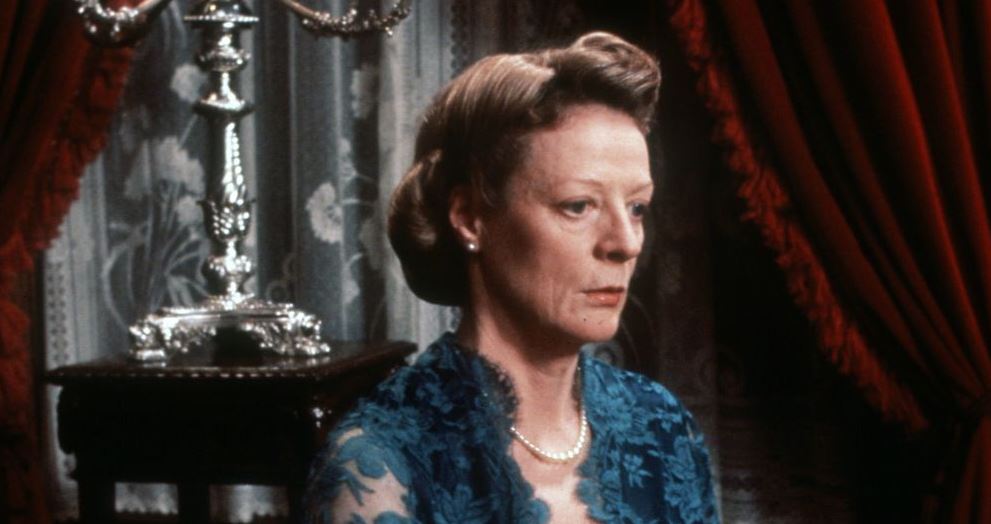
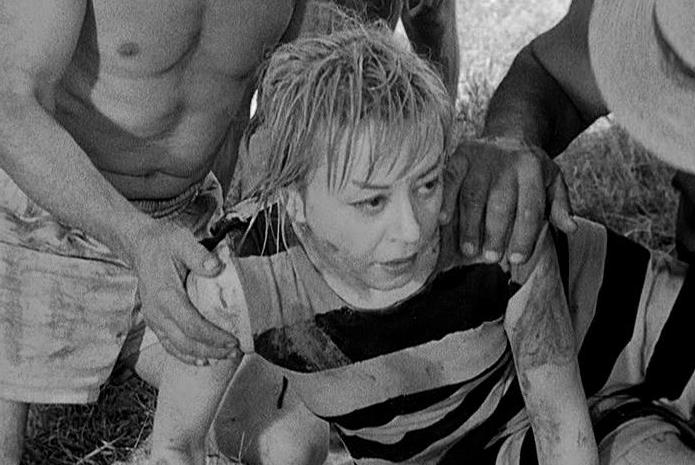


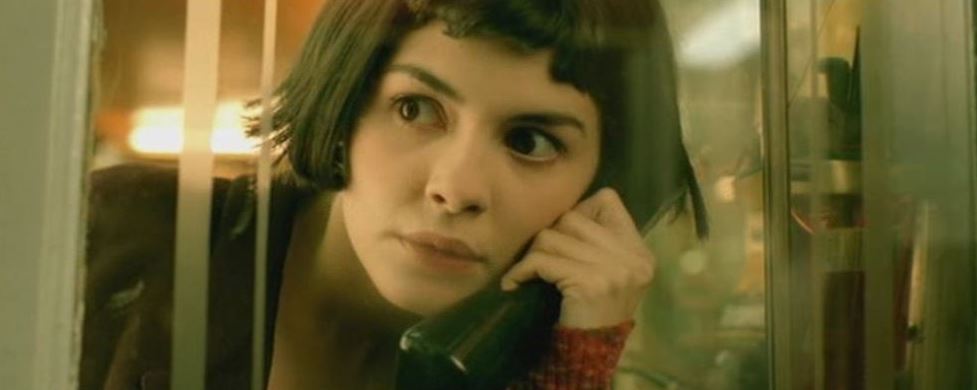
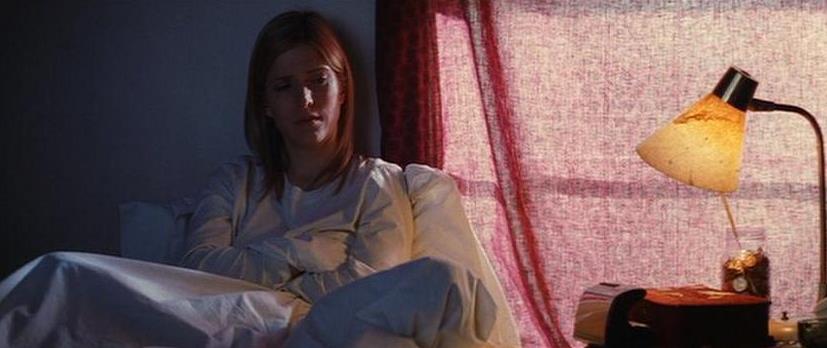

Recent Comments